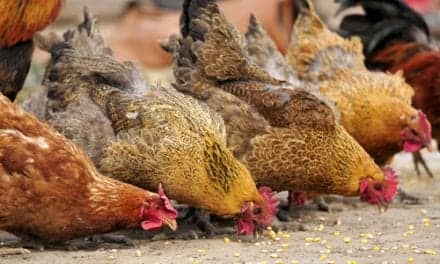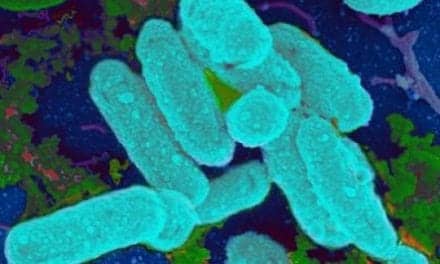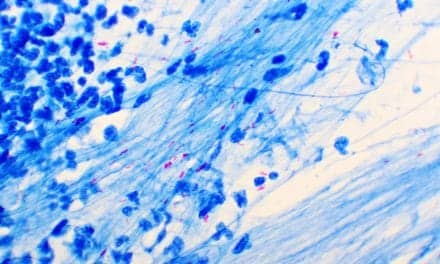New research indicates that horses do not appear to be a reservoir for Middle East Respiratory Syndrome-Coronavirus (MERS-CoV), which can cause fatal respiratory disease in humans.
Researchers, in a review published in the Virology Journal, examined evidence on the origins of the virus and its animal reservoirs. In doing so, they also looked for evidence that domestic animals other than dromedary camels may be reservoirs.
In a serological study conducted in Saudi Arabia between 2010 and 2013, body fluids from 100 sheep, 45 goats, 50 cattle, and 240 chickens were collected. All were negative for MERS-CoV. In another study, serum samples from 36 goats and 102 sheep from central Saudi Arabia tested negative for MERS-CoV antibodies as well.
In 2013 a similar study was conducted in Jordan. None of the 150 goats, 126 sheep and 91 cows tested was found positive for MERS-CoV antibodies. Sera from European sheep, goats, and cattle had no evidence of MERS-CoV antibodies as well.
Equids have also been screened for MERS-CoV antibodies. A total of 192 adult horse samples from the United Arab Emirates and 861 samples from Spain (comprising 697 horses, 82 donkeys, and 82 mules) were screened. All were seronegative for MERS-CoV.
“Dromedary camels seemed to be the only domestic animal reservoir for MERS-CoV up until a recent study conducted in Qatar in April of 2015 investigated the MERS-CoV infection status of 15 healthy alpacas (Vicugna pacos) in a herd of 20 that shared a barn complex with dromedaries,” Ziad Memish and his colleagues reported.










